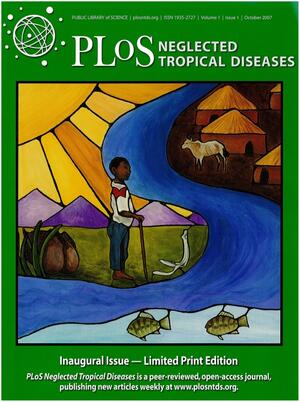
National Variety Trial of promising Napier grass genotypes across different agro-ecologies of Ethiopia
Abstract
Napier grass is amongst the most important tropical forage grasses native to SSA (Feyissa et al 2023). It is cultivated as a multipurpose forage, primarily used to feed cattle in cut and carry feeding systems (Negawo et al., 2017) because of its ability to withstand repeated cuttings and some degree of resilience against drought (Paudel et al., 2018). Furthermore, it is the highest biomass yielding tropical grass species (Paudel et al., 2018) and perennial under irrigated conditions (Muktar et al., 2019). Easy establishment, fastgrowing, and good palatability, when cut between six and eight weeks of regeneration, are some of the additional attributes of Napier grass (Archibald et al., 2021). Despite those listed attributes and primary importance, particularly to small-scale farmers, there have been few studies on Napier grass adaptation and yield performance trials across different growing agro-ecologies of Ethiopia. Currently, farmer’s varieties are threatened by biotic factors such as Smut (caused by Ustilago kamerunensisis) and stunt (caused by a phytoplasma), and abiotic factors like drought (Sangsuwan and Dickinson, 2019). Promising accessions should be tested for better forage biomass yield, herbage qualities, insect pests, disease reactions, drought tolerance and other forage traits. In line with this, a large number of accessions from ILRI Genebank were evaluated from 2018 to 2020 at Bishoftu, and some genotypes showed better performance than the control genotypes. These promising genotypes need to be evaluated under multilocation trials to select and recommend best adapted and performing genotypes for variety verification trial.
Citation
Negawo, A.T., Muktar, M.S., Dejene, M., Mohammed, K., Feyissa, F. and Jones C.S. 2024. National Variety Trial of promising Napier grass genotypes across different agro-ecologies of Ethiopia. Report. Nairobi, Kenya: ILRI.









